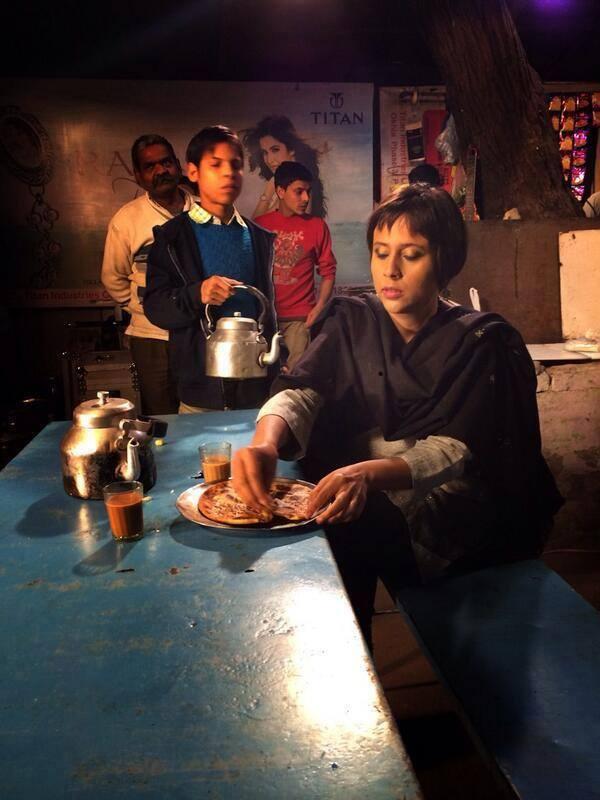Here are my thoughts on Anne, Bob & Carla – criticism welcome:
Rights and duty exits in my mind in both Western as well as SD truth claims. To clarify, while the Western value system
has increasingly slid down the slippery slope of a rights based contract between citizen and mai-bhap (state), SD has not
even been articulated with more recent understanding.
In the above example, briefly, Anne, Bob and Carla all are making claims to their
right on the flute. In the Western
model, each of these claimants are 1) making claims to a right 2) are endowed by nature or the creator with said rights and
most importantly 3) their exists an independent party who can impartially realize the situation, fathom the consequences
and come to a solution(s) or enable institutions to enshrine and protect these claimants and procure them their right.
Notice Anne, Bob & Carla could just as well be making their claim to God, a parent or a nation-state. This is critical in WU.
One of you said, they would slap Bob

(there is some truth to that.. but you risk a maoist Bob), others
went down the path of picking one or the other claimant to the right. Thank your for the answers... gave me insights...
The question in my mind is not whose claim is more right! The correct question is what is the context and relationship...
SD works by convention more so than declaration, that is, the claimants all have a context in society, either due to
individually - their age, sex, biology, etc. or due to their group affiliation - their ethnicity, profession, etc. In such a set
up it is not the external authority - be it God, parent, nation-state (mai-bhap government) that is adjudicating their claim,
but the others in and external to the groups they belong to - Again this is critical in SD.
To solve their problem of claiming a scarce resource, Anne, Bob and Carla have to enter into a contract with each other.
The solution itself is less important to me - it could be they share the flute, it could be they work out exchange Bob gets
another toy in return he give up the flute, so Anne can play it and Carla can enjoy the music, etc. That the group nurtures
the individual and the external mai-bhap (God, Parent, Nation-State is necessary but not the most important) does not.
This is seen even today in that the Indian civilization battered and bruised it may be but is still resilient and capable of reinvention.
Whereas nation-states, parents, gods come and go... they are useful constructs, but less critical to the survival of the group.
Comments are welcome as usual...

